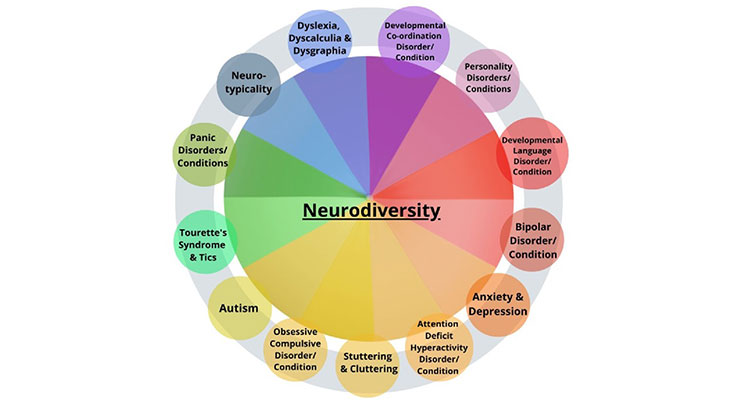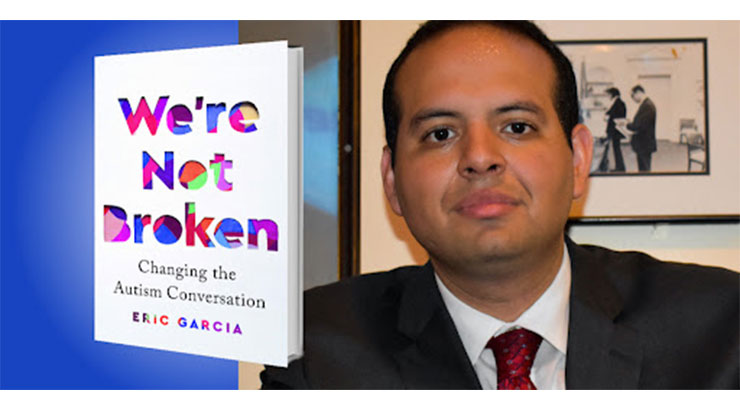Neurodiversity Awareness and Training
KU’s Title III initiative aims to reduce barriers for students with disabilities by providing expanded and targeted training for faculty and staff who work with neurodiverse students to better understand and accommodate their learning needs and support their strengths. With the significant increase in the number of KU students needing accommodations and those on the autism spectrum, and the limited capacity to provide intensive support for every student who may benefit from targeted programming, increasing faculty readiness to teach neurodiverse students is a priority. Improving faculty skills in this area will also support neurodiverse students’ access to high-impact practice experiences to ultimately support their retention and academic success.

Why focus on universal design/class or space restructure and not accommodation?
94% of students with a diagnosis received academic support, accommodations, and specially designed instruction in K-12.
24% of students who received support in high school will disclose to their campus DSO to receive accommodations.
11% of all enrolled college students are estimated to identify as neurodiverse or have a neurodiverse diagnosis.
Goals of the Grant:
- Reach at least 45 faculty and staff with professional development during the five-year grant period.
- Invite experts to campus during Years 2 and 4
We successfully reached 42 individuals during year one through the Spring 2024 Learning Circle/Book Group offered by the Center for Engaged Learning. Diving into the book Supporting Neurodiverse College Students Success (Coghill & Coghill, 2021), colleagues gained knowledge and engaged in critical dialogue about encouraging self-advocacy on the college campus, promoting student success through advising and classroom supports, and building welcoming spaces on campus.
# of Faculty and Staff Attending Professional Development on Neurodiversity
| YEAR 1 | YEAR 2 | YEAR 3 | YEAR 4 | YEAR 5 | |
| GOAL | 9 | 18 | 27 | 36 | 45 |
| ACTUAL | 42 |
Next Book Group:
- Spring 2025: We’re Not Broken by Eric M. Garcia
- April 10, 2025: 4:30-6 p.m.: Join us for a Taste of Inclusion, sponsored by the Commission of Human Diversity, in the Boehm Lobby, for a time of refreshments, networking, and thought-provoking discussion before hearing our guest speaker, Eric M. Garcia. Please RSVP for this event (for food counts).
- April 10, 2025, at 6 p.m. (Boehm 145): We would like to invite you to attend Mr. Garcia’s talk on “Autism, Accommodation and Academia: An Unrequited Love Triangle.” Open to faculty, staff, and students. To RSVP for the event, please visit our Eventbrite site.







